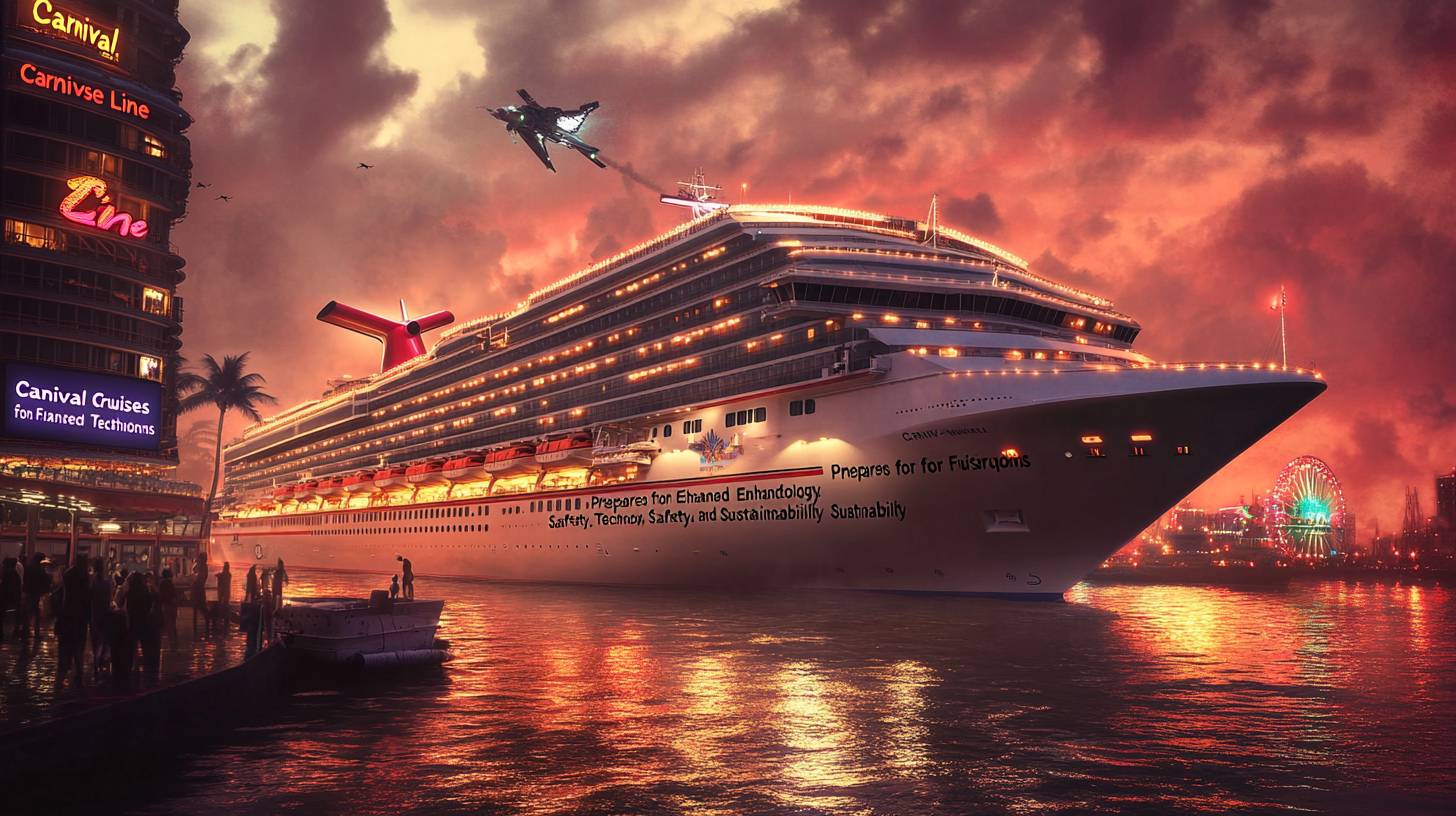
How the cruise industry manages unforeseen crises
The cruise sector has a long history of dealing with unforeseen crises, and it possesses contingency plans for various potential emergencies. Whether due to political instability in a region or a health outbreak onboard, cruise companies such as Royal Caribbean, Norwegian, and MSC Cruises are equipped to respond promptly. For example, following recent geopolitical tensions in Israel, several cruise lines, including Royal Caribbean and Norwegian, withdrew from the area to prioritize passenger safety.
Health emergencies represent another domain where the cruise industry has established solid protocols. Although cruise lines may not publicize these measures, they have delineated strategies to mitigate the spread of illness during outbreaks. These protocols aim to control any potential health threats and ensure the safety of both passengers and crew members.
Regardless of their readiness, the Covid pandemic was an unpredictable event for the cruise sector. The phrase “black swan” describes an unforeseen, highly influential incident that is almost impossible to predict. Covid embodied this concept. As the pandemic developed, the industry, much like the broader global community, struggled to comprehend the long-term consequences. Initial approaches such as social distancing and lockdowns were largely ineffective, primarily due to inconsistent worldwide responses, especially in countries like the US. It was only with the advent of vaccines that the industry could start to rebound.
For an extended period, the cruise industry found itself in a state of suspension. Socially distanced cruises lacked financial feasibility and failed to attract passengers. The rollout of vaccines enabled cruise lines to recommence operations but also highlighted the industry’s susceptibility to such unpredictable incidents.
Carnival’s approach for future readiness
Carnival has adopted a proactive stance to better equip itself for future uncertainties. While the company recognizes that black swan incidents, such as the Covid pandemic, are virtually impossible to foresee, it has concentrated on enhancing its financial strength and operational adaptability. This strategy is vital for an industry heavily reliant on consumer trust and discretionary expenditure, both of which can be significantly affected by global disruptions.
A major component of Carnival’s preparedness strategy is its commitment to bolstering its balance sheet. The company has been actively engaged in cutting its debt and enhancing its credit standing, which will enable it to obtain more favorable financing conditions in the future. This is especially critical in a climate where interest rates can fluctuate, and capital access may become more costly. By strengthening its financial position, Carnival is preparing to endure future economic downturns or unexpected disturbances.
Weinstein has pointed out that Carnival’s mobility is one of its most significant advantages. Unlike numerous other sectors, cruise lines can modify their itineraries and reposition ships to different locations when needed. This adaptability enables the company to respond swiftly to geopolitical risks, natural calamities, or other unforeseen occurrences that might impact specific markets. For instance, if a certain area turns dangerous or unprofitable, Carnival can redirect its operations to more stable and profitable regions, safeguarding its business viability.
Alongside financial and operational flexibility, Carnival is also investing in its fleet to ensure it stays competitive in the long run. The company has been updating its ships, with an emphasis on sustainability and energy efficiency. This not only assists Carnival in complying with increasingly rigorous environmental standards but also lowers operating costs, making the company more robust against changes in fuel prices and other operational expenditures. Additionally, these investments align with the rising consumer demand for more sustainable travel options, potentially becoming a key differentiator in the post-pandemic travel market.
Weinstein’s assurance in Carnival’s capability to tackle future challenges is founded on the company’s history of adaptability. While the Covid pandemic was an extraordinary event, the cruise industry has confronted countless challenges historically, ranging from economic downturns to natural calamities. Each time, Carnival has proved its capability to adapt and emerge more resilient. The company’s emphasis on financial prudence, operational agility, and fleet modernization will be essential in ensuring it remains steadfast amid future uncertainties.

